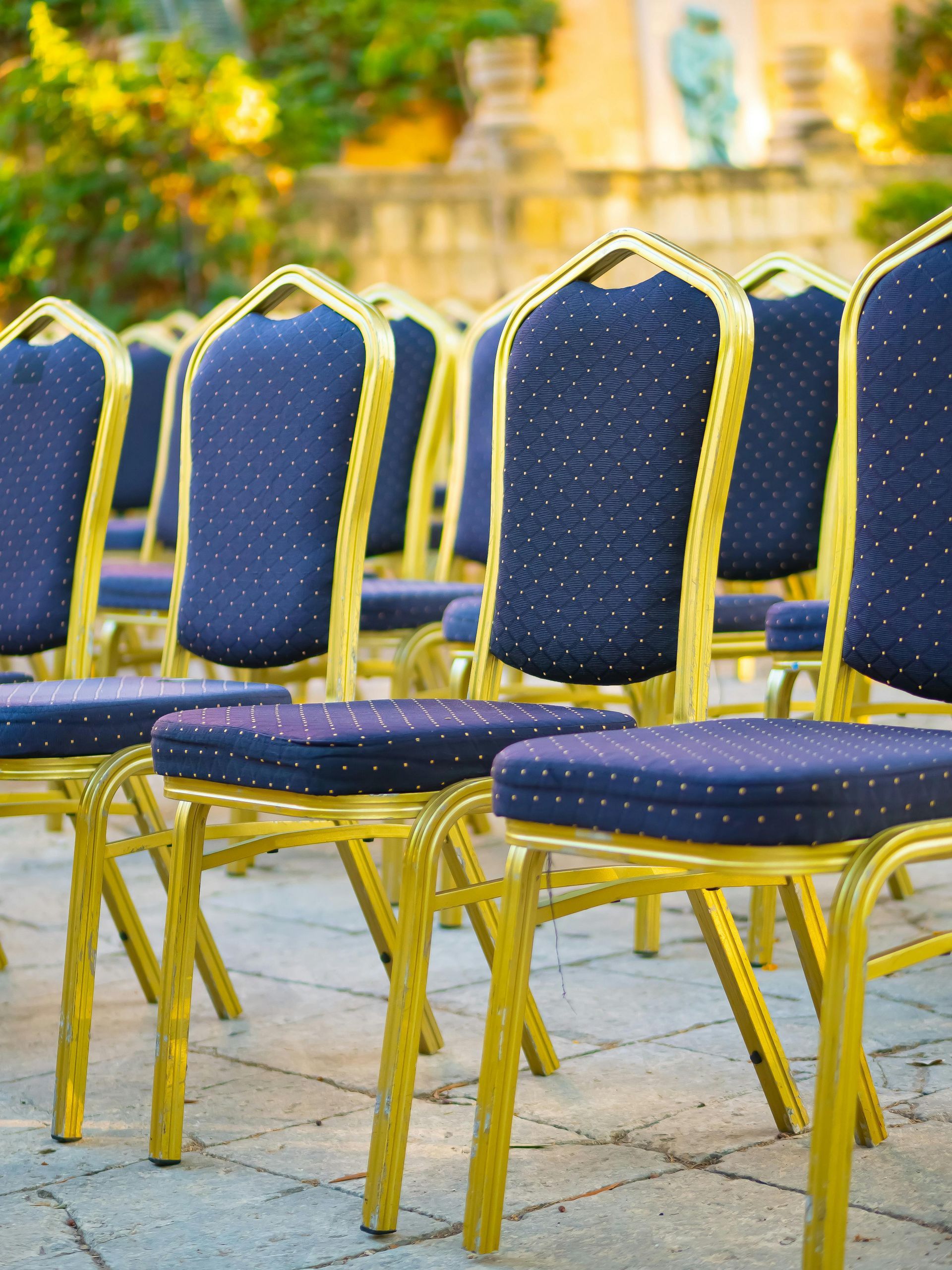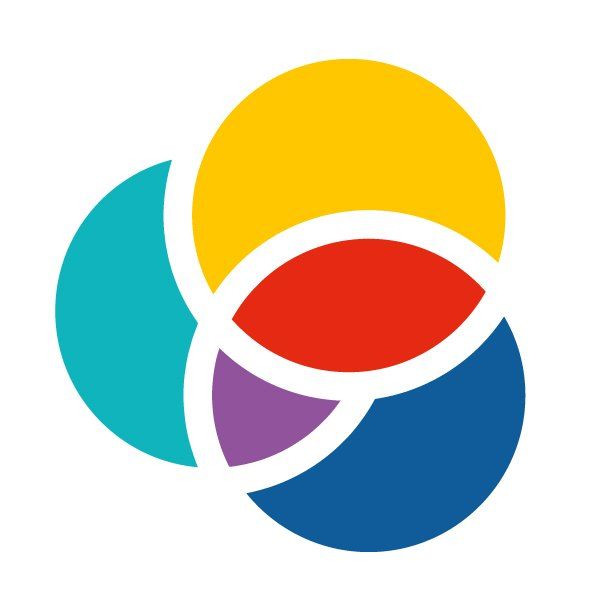IDEA Winter Events
November
Tuesday 11th 1pm – 2pm: Strategic Planning Follow-up Webinar . This is a follow-up discussion for attendees of our October workshop on Revitalising Your Strategic Plan with Sandra Velthuis of Whitebarn Consulting.
Thursday 13th 2 – 4pm: Irish Aid Annual Grants Round: Application Writing Clinic . You must email Susan Gallwey to receive the link to join this webinar.
Tuesday 18th 10am – 2pm: Freelancing in Development Education . Are you a freelance educator looking for work in the Development Education sector? This is a practical half-day workshop that will look at responding to tenders and marketing yourself online. Read more…
Thursday 20th 12noon – 1pm: First in our Winter Webinar Series Social Economy and Global Development Post 2015 : John Restakis, author of Humanizing the Economy: Co-operatives in the Age of Capital. Tune in to the webinar to find out more about how co-operatives are transforming lives and communities around the world, by creating models for economic and social development that can offer a more equitable, just and humane future. Read more…
Thursday 27th 12noon – 1pm: Second in our Winter Webinar Series Social Economy and Global Development Post 2015 : The Role of MicroFinance in Global Sustainable Development with The Irish League of Credit Unions Foundation. Read more…
December
Tuesday 2nd 12noon – 1pm: Third in our Winter Webinar Series Social Economy and Global Development Post 2015 : Surfing the Waves of Change: 21st Century Competencies for making the Transition to a Collaborative Economy and a Low carbon Futurewith Davie Philip plus Ana Huertes. Read more…
Wednesday 3rd: A Shared Vision for Development Education in Ireland . The aim of this event is to produce an agreed vision for the development education sector in Ireland. This is YOUR chance to shape the vision for development education in Ireland so please attend. The Vision will also influence IDEA's direction as an organisation and Irish Aid's Strategy for Development Education. Read more…
Saturday 13th 11am – 4pm: How to Make Your Campaign Really Fly! This workshop is for anyone who would cares passionately about an issue and would like to get a campaign off the ground, but is not sure about what needs to be done before ‘going public’. This workshop will focus on the question: How we can effectively inspire people to take action in favour of our cause? Facilitator: Siobhán O’ Donoghue has been a community worker and social justice activist for many years. She is a former Director of the Migrant Rights Centre and is now Director of Uplift , a community of people taking coordinated action for progressive change in Ireland. Read more…
Tuesday 9th 2pm- 4pm: Preparing for 2015: The Role of Development Education with Danny Sriskandarajah, Secretary General of CIVICUS.
IDEA and Dóchas are delighted to host a seminar with Dr Danny Sriskandarajah, Secretary General of CIVICUS. For 2015 to truly be a year of transformation, civil society needs to rethink how we engage with citizens and how we engage with politics. Dr Danny Sriskandarajah, Secretary General of CIVICUS, the World Alliance of Citizen Participation, will discuss how Irish civil society can contribute to global transformation in 2015. Read more…









